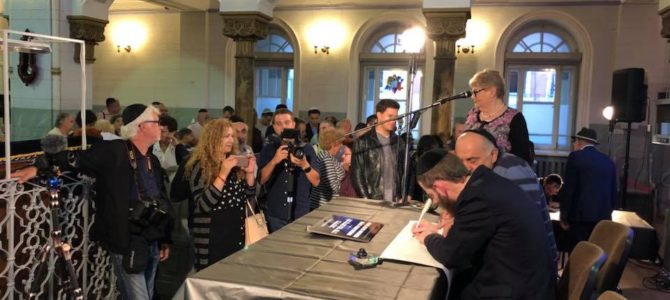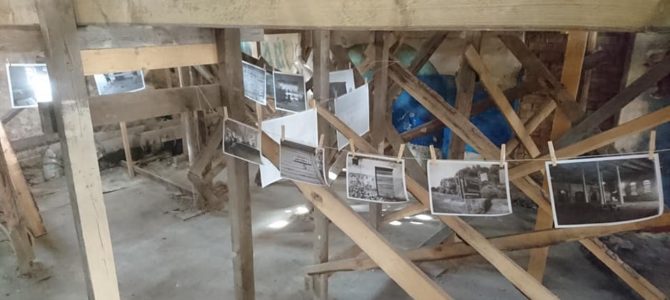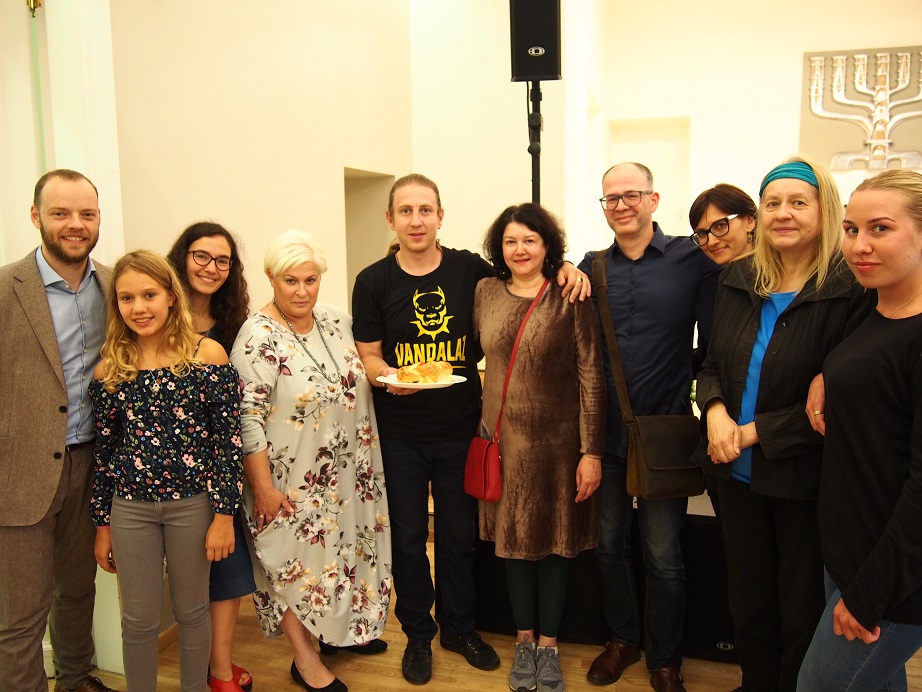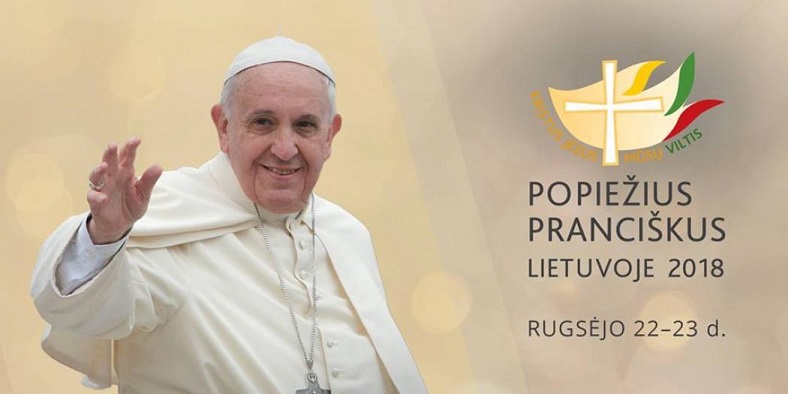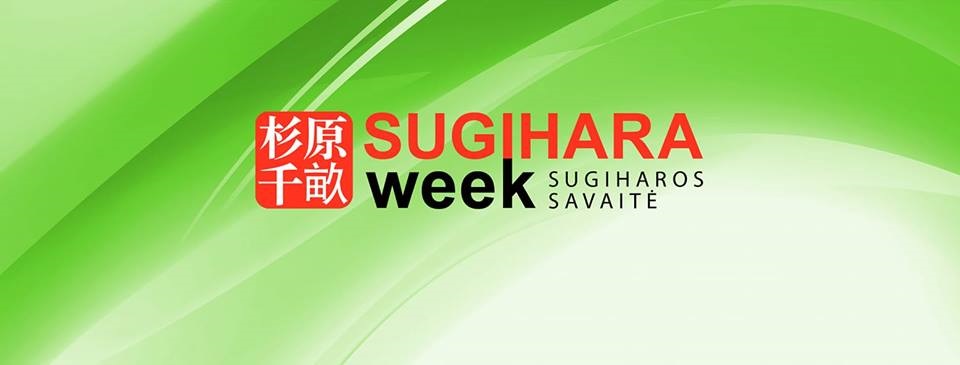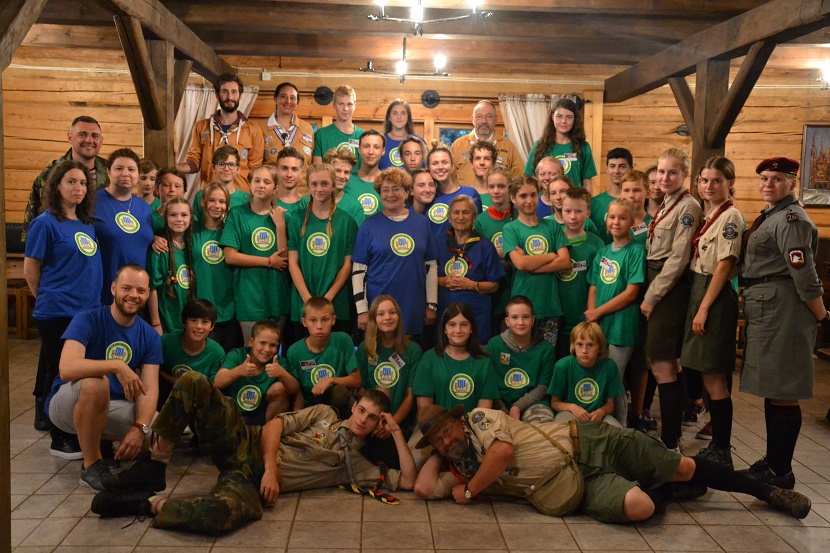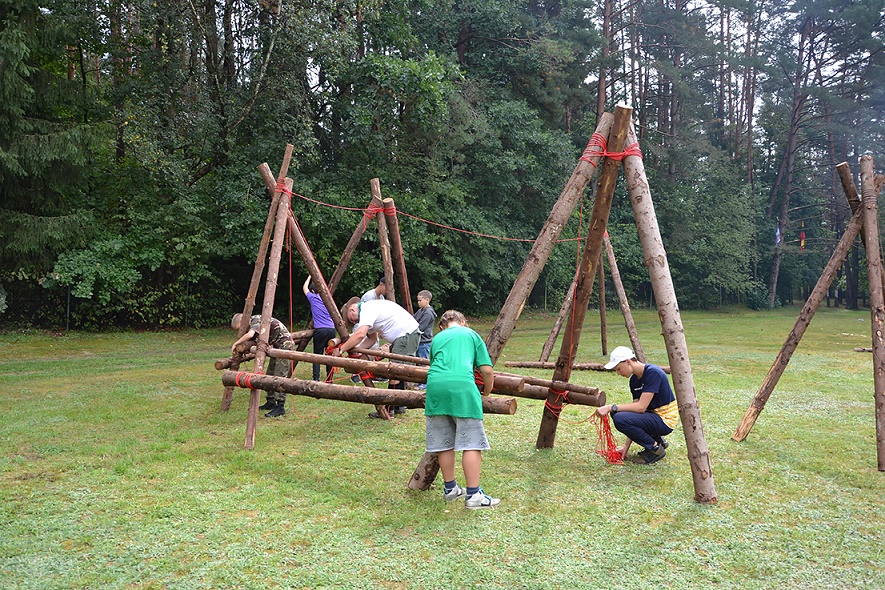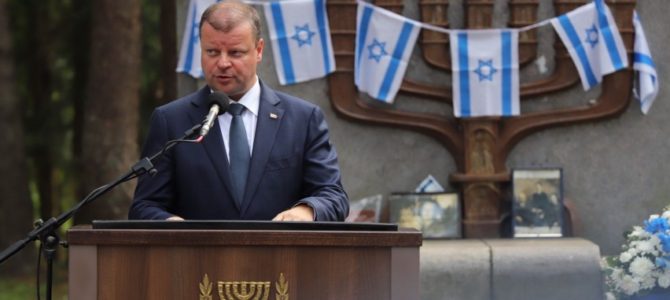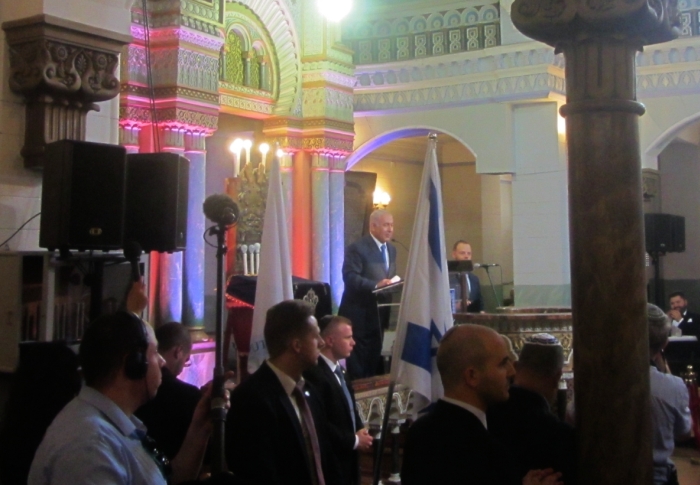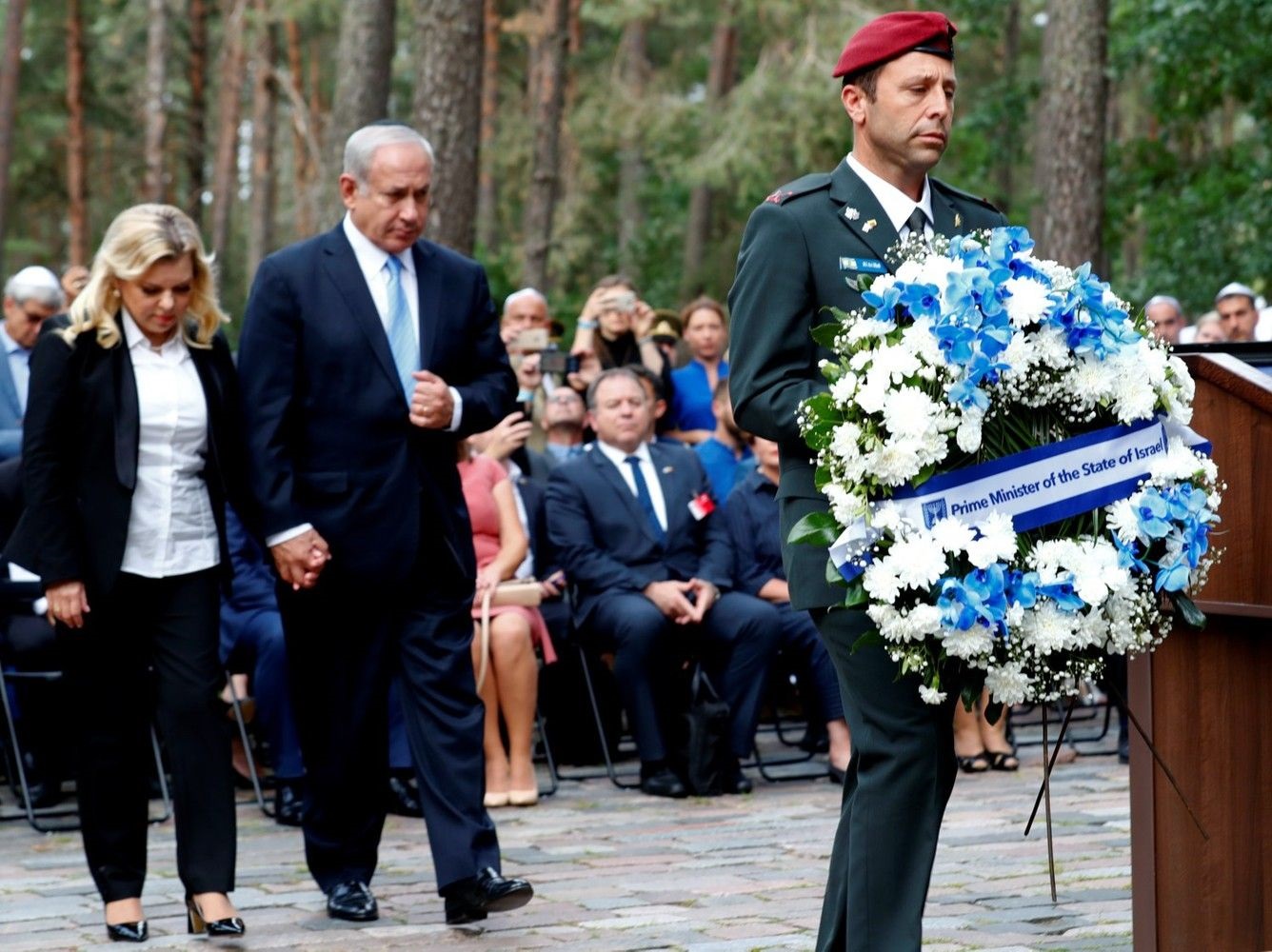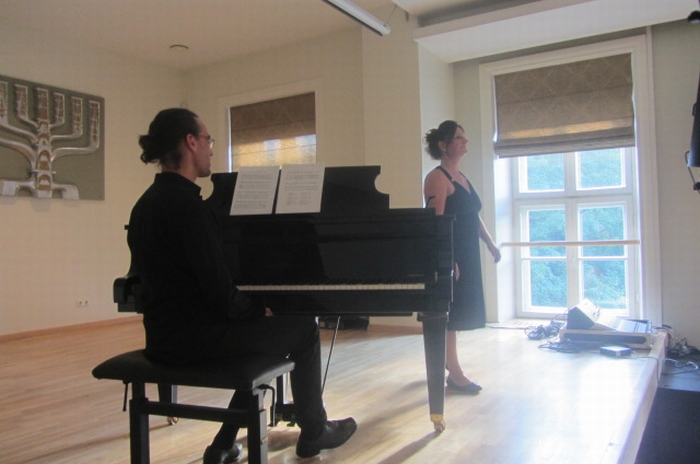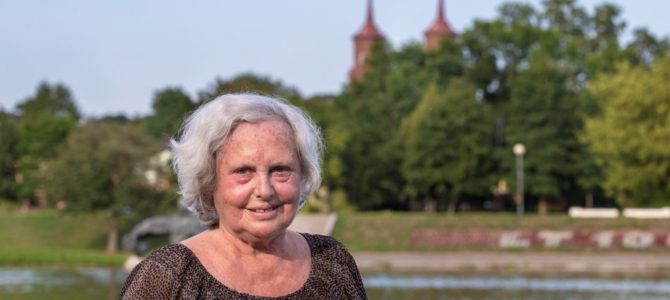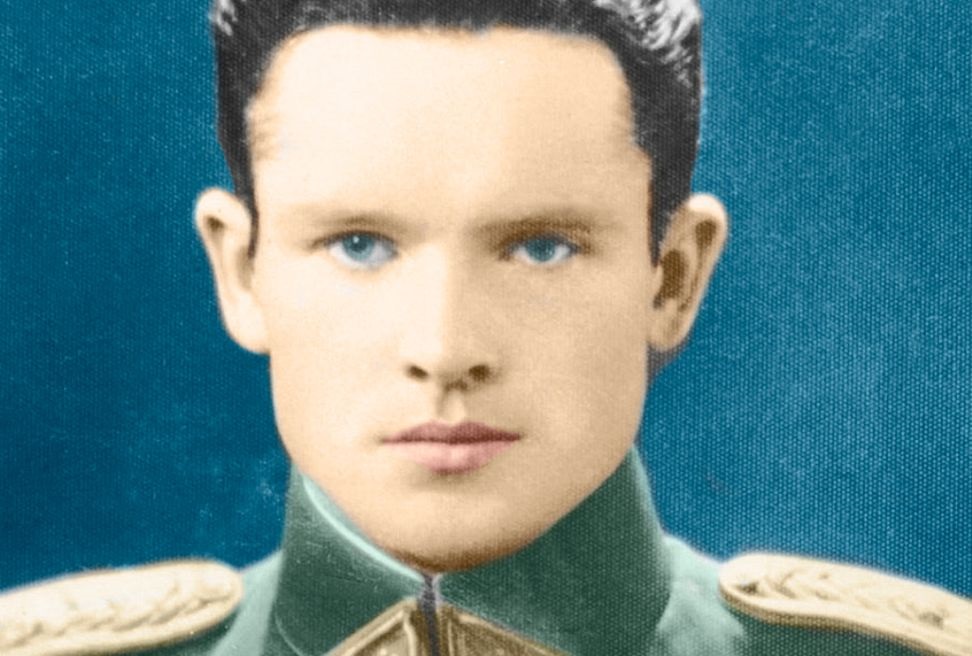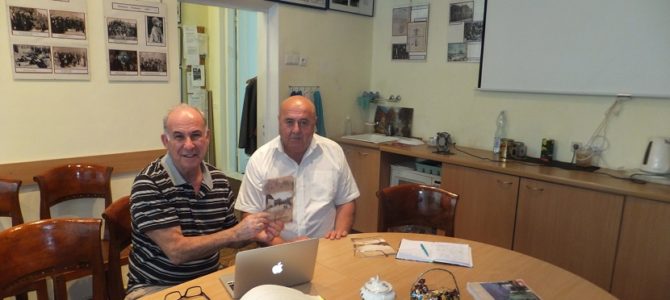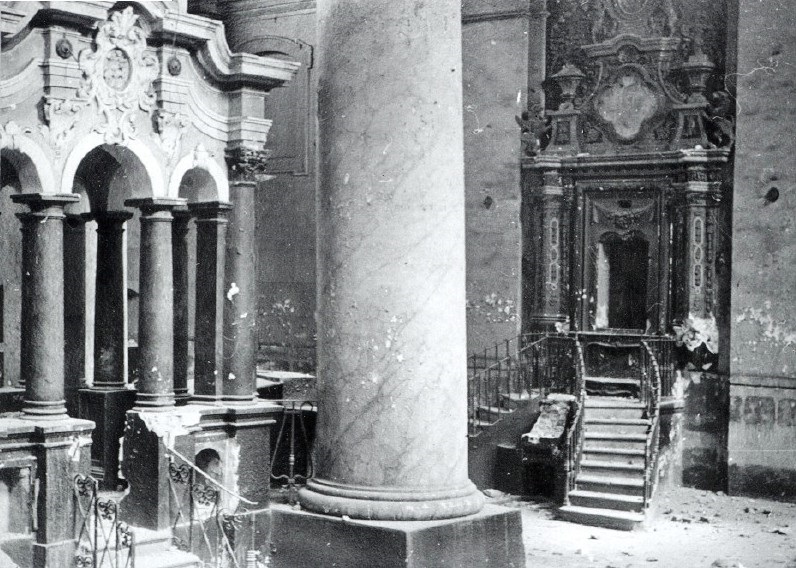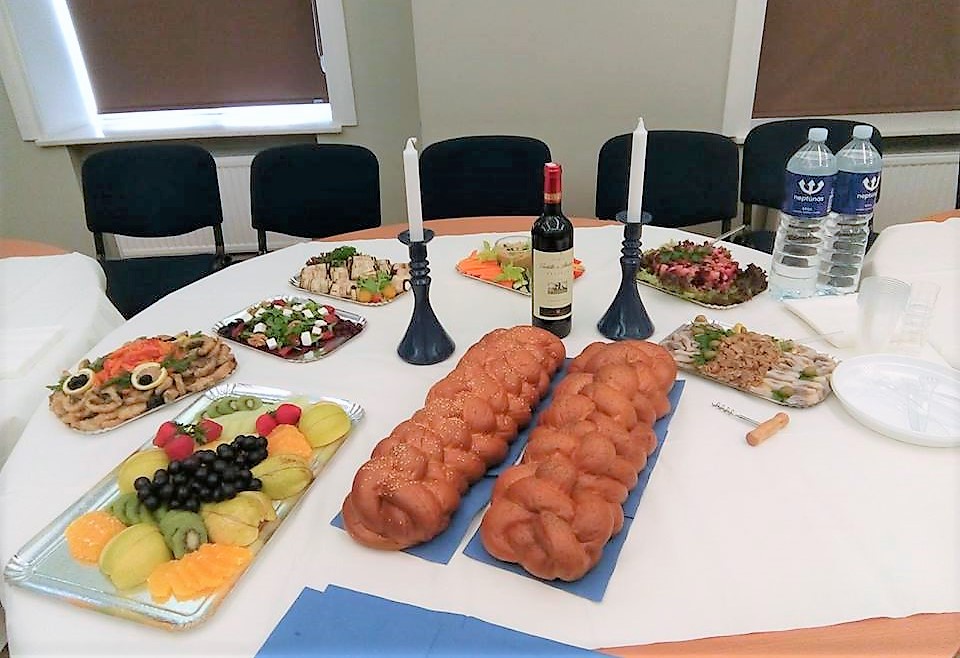I’ll say right away I’m not a diplomat, I am a person “rough and unrefined,” but I am a member of the Community and that means this statement was written in my name as well. I will quote:
“The Lithuanian Jewish Community asks the institutions responsible to take quick action to solve this political, ethical and legal problem and to pay due respect to the victims of the Holocaust. We are asking for the plaque to Noreika to be taken down before the Lithuanian Day of Remembrance of Jewish Victims of Genocide on September 23.”
I would like to ask the authors of this statement several clear and not very pleasant questions. I hope my questions will be posted without delay and I won’t have to look for another place to post it. Note the references are just to the original document.
1. Do the authors of the statement know Jonas Noreika (General Vėtra) received decoration (posthumously), the Great Cross of the Order of the Cross of Vytis?
Note: The award number and date of the decree is easy to find on the presidential webpage.
Then-president Algirdas Brazauskas signed this decree but I was unable to find the text of the decree, the official presidential webpage only covers decrees promulgated between 2009 and 2018.
2. Do the authors of this “statement” understand the status of this award?
Note: this is article 57 of the text:
“The order of the Cross of Vytis is awarded to people who have demonstrated remarkable heroism, bravery and resolution in defending the freedom and independence of the Republic of Lithuania.”
3. Do the authors of this “statement” understand that it’s not possible to “turn the four screws” on the commemorative plaque without the president first rescinding the Great Cross of the Order of the Cross of Vytis by decree?
4. Do the authors of the “statement” believe this sort of resolution might really be signed, and moreover, by September 23, 2018?
P.S. I don’t need a response. I will be satisfied if you post these questions, but without editing, please.
Pinchos Fridberg, average Community member
